NFTs in 2025: Beyond Digital Art and Market Hype
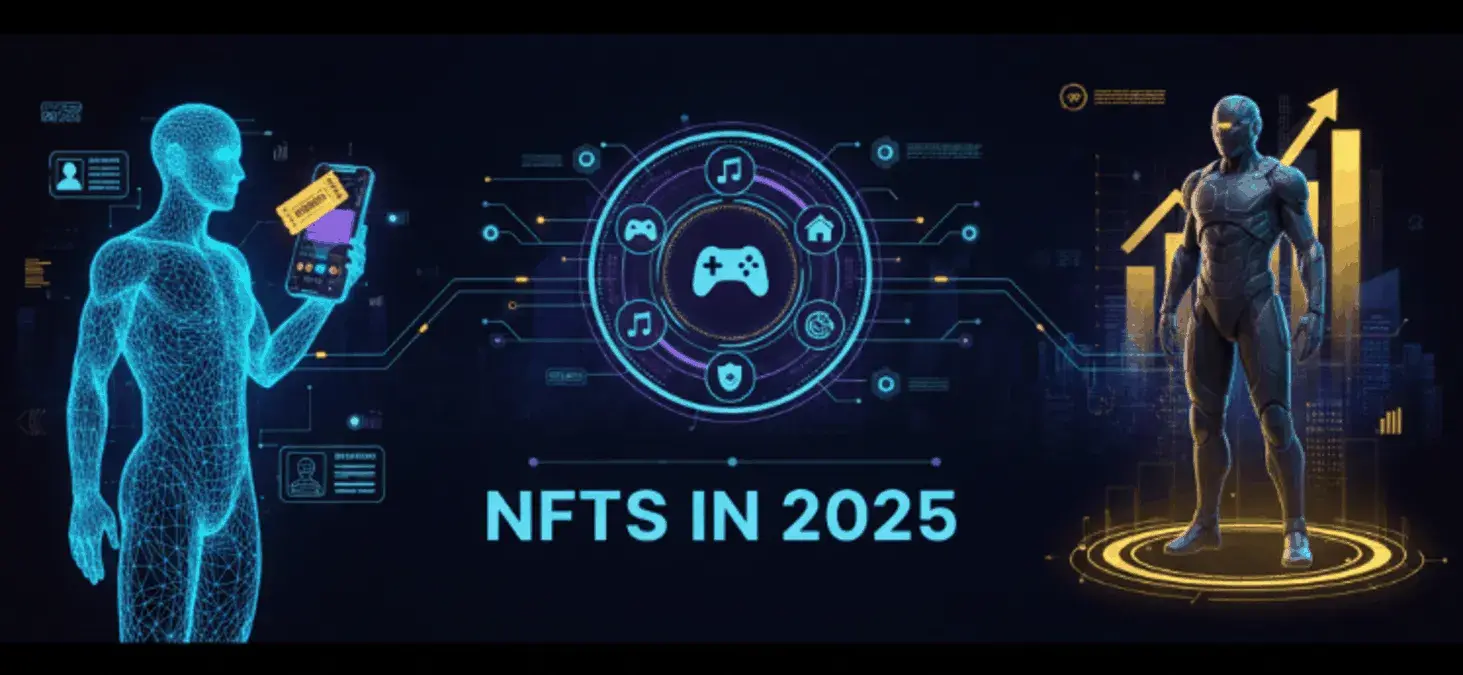
Non-fungible tokens, or NFTs, burst into the public consciousness with astronomical prices for pixelated monkey images and digital artwork. While the initial boom focused on collecting and artistic speculation, the true value and use of NFTs in 2025 goes far beyond what the headlines led us to believe. Today, NFTs are rapidly evolving, becoming a foundational technology that is revolutionizing entire industries, from video games to music to digital identity. This article delves into the most innovative applications and the future of digital assets.
The key to understanding the future of NFTs is to understand their essence: they are verifiable and immutable certificates of ownership, registered on a blockchain. An NFT can represent anything, from a digital art file to a concert ticket, a property deed, or even a birth certificate. This versatility is what is driving their adoption in sectors where ownership and verification are crucial.
Video Games: From Virtual Property to the Real Economy
The gaming sector is undoubtedly the most exciting arena for NFTs. In traditional games, players spend billions of dollars on items and skins they don’t actually own. If a game shuts down, all those digital assets disappear. NFTs completely change this dynamic.
In-Game Items and Characters as NFTs
By 2025, in-game items—such as rare swords, legendary armor, or even entire characters—are issued as NFTs. This means players have real ownership of their assets. They can buy, sell, or trade them on open markets, even outside of the game. This new use of NFTs has created a true game economy, where skill and time invested translate into tangible value. Games like Illuvium and Axie Infinity have pioneered this “play-to-earn” model, and now, AAA game studios are exploring how to integrate this technology into their titles.
The Future of Virtual Worlds and the Metaverse
The use of NFTs is the foundation for building the metaverse. Plots of virtual land on platforms like The Sandbox or Decentraland are sold as NFTs, allowing users to own digital real estate. But it goes beyond land: personalized avatars, digital clothing for these avatars, and tickets to virtual events are also being issued as NFTs. As these virtual worlds expand, NFTs become the foundation upon which the new digital economy will be built.
Digital Identity and Verifiable Records
Beyond entertainment, the use of NFTs is addressing fundamental real-life problems, such as identity verification and document certification.
NFTs as Digital Passports
Imagine a future where an NFT serves as your digital passport, securely storing your credentials. Companies are exploring the use of NFTs to issue and verify identity online, which could dramatically simplify KYC (Know Your Customer) processes and access to financial services. Instead of repeatedly sharing sensitive personal information, you could use a verified NFT to prove your identity.
Academic and Achievement Certificates
The issuance of academic certificates as NFTs is already a reality in some institutions. A diploma issued as an NFT is immutable and cannot be forged, facilitating verification by employers and other institutions. This same principle applies to certificates of athletic achievement, professional licenses, and other important documents. The use of NFTs in this sector guarantees authenticity and transparency.
Music and Entertainment: A New Business Model
The music industry has historically been dominated by intermediaries. NFTs are offering artists a new way to connect with their fans and monetize their work.
Music Tokens and Royalties
Musicians can release their songs or albums as NFTs, selling directly to their fans and cutting out record labels and streaming services. This new use of NFTs allows artists to receive a percentage of sales each time their music is resold, giving them a passive and sustainable source of income . Rapper 3LAU was one of the pioneers in this space, selling his album as an NFT for millions of dollars.
NFTs as Concert Tickets and Fan Clubs
In addition to music itself, the use of NFTs is expanding to ticketing for concerts and events. A ticket as an NFT not only guarantees authenticity but can also grant additional benefits, such as access to an exclusive “fan club,” special merchandise, or even the opportunity to meet the artist.
The Future of NFT Use: Beyond 2025
As we move deeper into the Web3 economy, the use of NFTs will become ubiquitous. The true value of an NFT is not the image it represents, but the underlying functionality it offers. We are witnessing an evolution from digital collectibles to functional assets that power entire industries.
- Real Estate: Tokenization of real estate, where ownership of a home or land is divided into NFTs, could make property investing more accessible and liquid for everyone.
- Brands and Loyalty: Fashion and luxury brands are using NFTs as a way to verify product authenticity and create loyalty programs. An NFT attached to a high-end handbag could serve as a digital certificate of authenticity.
- Insurance and Lending: The use of NFTs could simplify the issuance and management of insurance policies or serve as collateral for decentralized lending.
Stay informed and read the latest cryptocurrency news in real time!
At CriptoMedios.com , we believe NFTs are the key to the next phase of digital finance adoption. What we’ve seen so far is just the tip of the iceberg. The future is decentralized, and NFTs are a fundamental tool for building it. Stay tuned for this fascinating evolution.


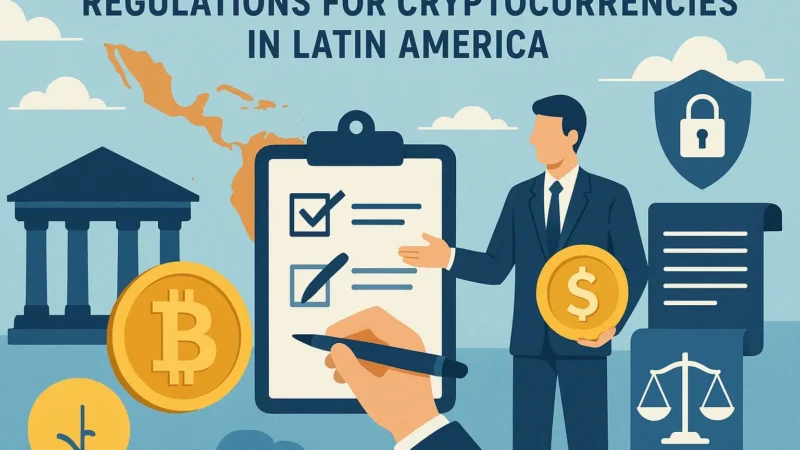
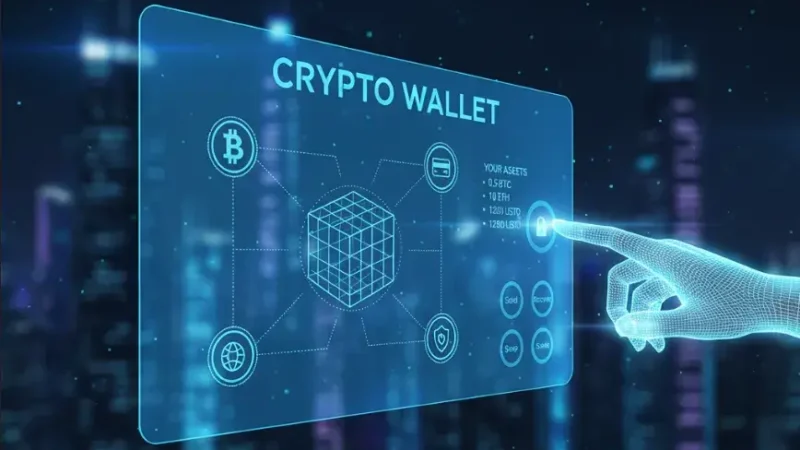
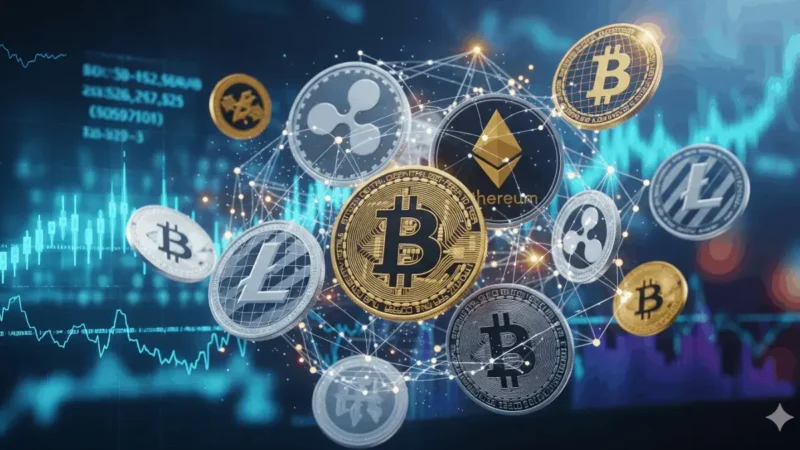
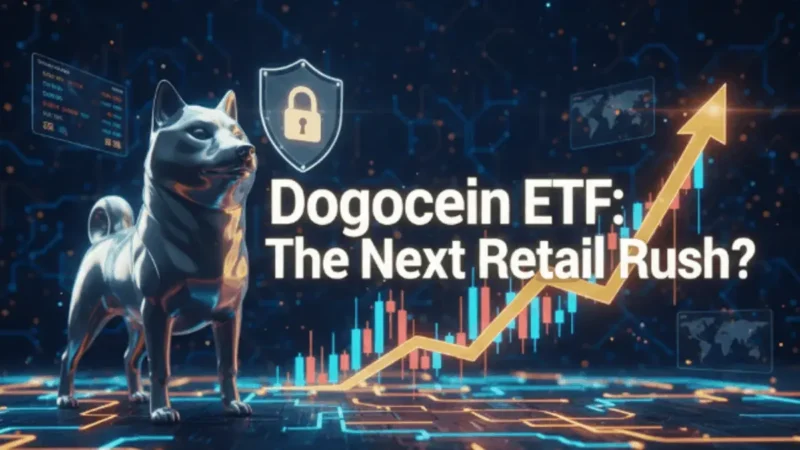
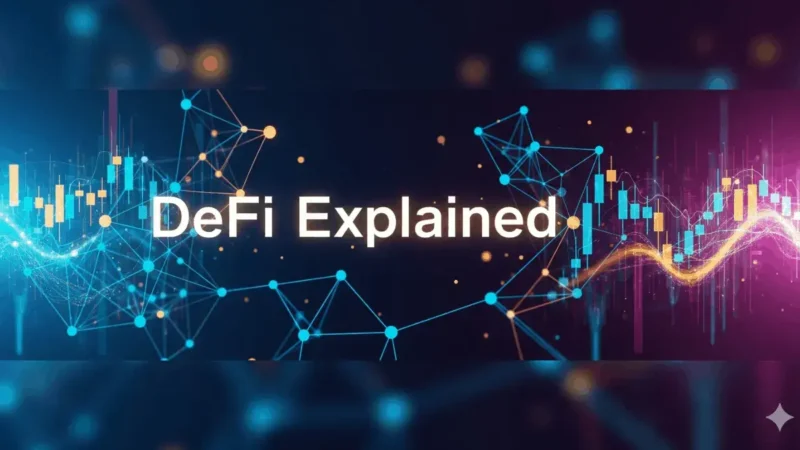
One thought on “NFTs in 2025: Beyond Digital Art and Market Hype”